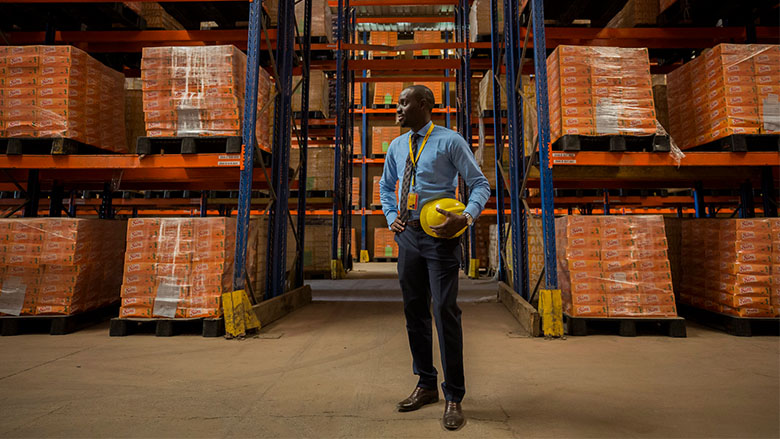The African Continental Free Trade Area (AfCFTA) agreement stands to connect 1.3 billion people across 55 countries, making it the largest free trade area in the world by membership. The pact has the potential to lift 30 million people out of extreme poverty, increase workers’ wages and generate gains for women. But achieving its full potential will depend on putting in place significant policy reforms and trade facilitation measures.
The creation of the AfCFTA regional market is a major opportunity to help African countries diversity their exports and accelerate growth. This is especially important in the context of the COVID-19 pandemic, which has disrupted trade and triggered up to $79 billion in output losses during 2020 in Africa alone.
This event will introduce the new World Bank Group report The African Continental Free Trade Area: Economic and Distributional Effects. The report is designed to help countries implement policies that can maximize the agreement’s potential gains while minimizing risks. Through a discussion moderated by Albert Zeufack, World Bank Chief Economist for Africa, a series of speakers and leading experts will discuss the economics behind the trade agreement and how policymakers can use the AfCFTA to increase competition and prepare their workforces to take advantage of new opportunities.








